
Nepal Declines China’s Invitation to One Major Conference, Citing Policy Considerations
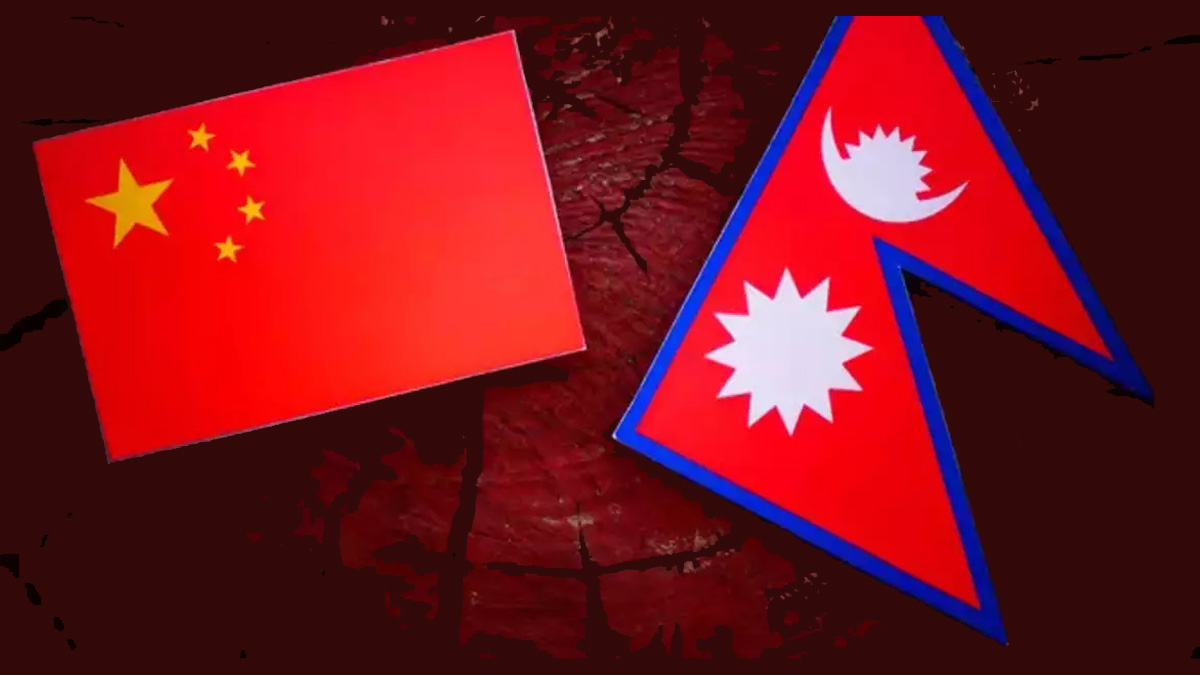
Nepal has opted to abstain from participating in a significant Ship conference scheduled to be hosted by China, signaling a deliberate policy stance despite ongoing diplomatic exchanges between the two nations. As political leaders and government officials from Nepal have engaged in talks and visits with Chinese counterparts, Nepal’s non-participation underscores a calculated decision.
China extended multiple invitations to Nepal to attend the conference, emphasizing its importance. However, Nepal, without explicitly stating its refusal, has consistently demonstrated its reluctance by refraining from responding to the invitations. China has been persistently urging Nepal to participate in the conference.
China’s correspondence, sent to Nepal on May 23, detailed the event set to take place on September 5. The conference’s agenda included discussions on the legal implications of ship sales. The culmination of the conference was to be marked by the signing of agreements in Beijing.
Notably, China sought a confirmation of Nepal’s participation by July 4. Despite this timeline having passed, Nepal has abstained from responding, hinting at its intention not to partake. It appears that Nepal’s Ministry of Foreign Affairs, in line with government policy, has not actively engaged with China’s overtures regarding the conference.
China, invoking a United Nations resolution, has exerted pressure on Nepal to attend the conference. This resolution posits that ships sold by China should be granted smooth transit rights for transporting them to other nations. Despite China’s insistence, Nepal’s reserved stance underscores its adherence to its own foreign policy priorities.
The development highlights Nepal’s commitment to crafting its international engagements based on its own strategic interests and domestic policy considerations. As diplomatic interactions between Nepal and China continue, the implications of Nepal’s decision not to participate in the naval conference are being keenly observed by regional and international stakeholders.
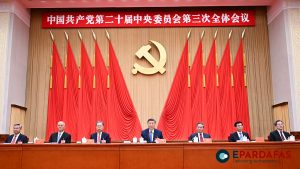
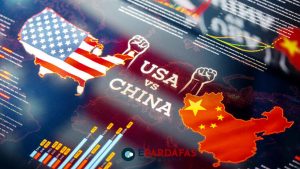



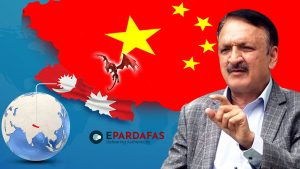





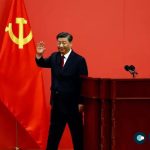
Comments